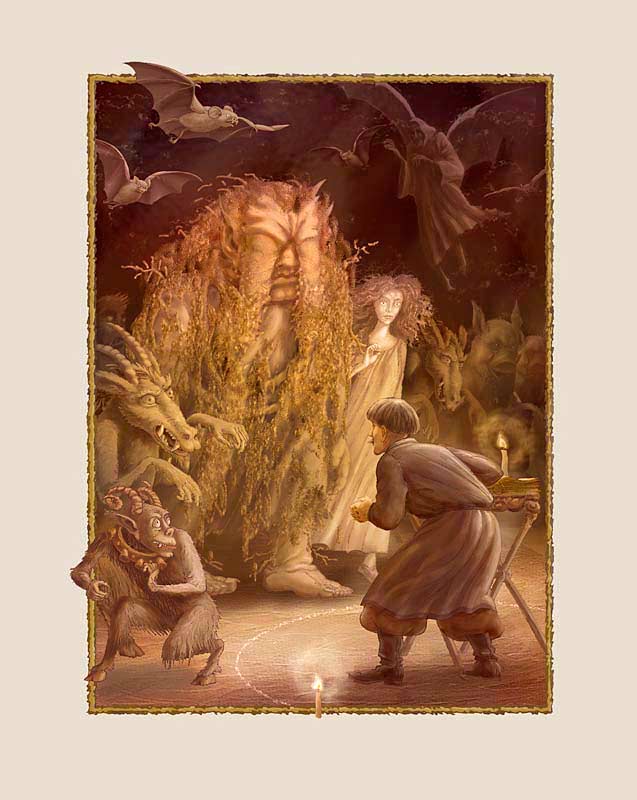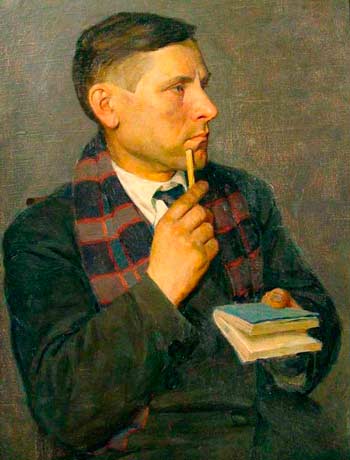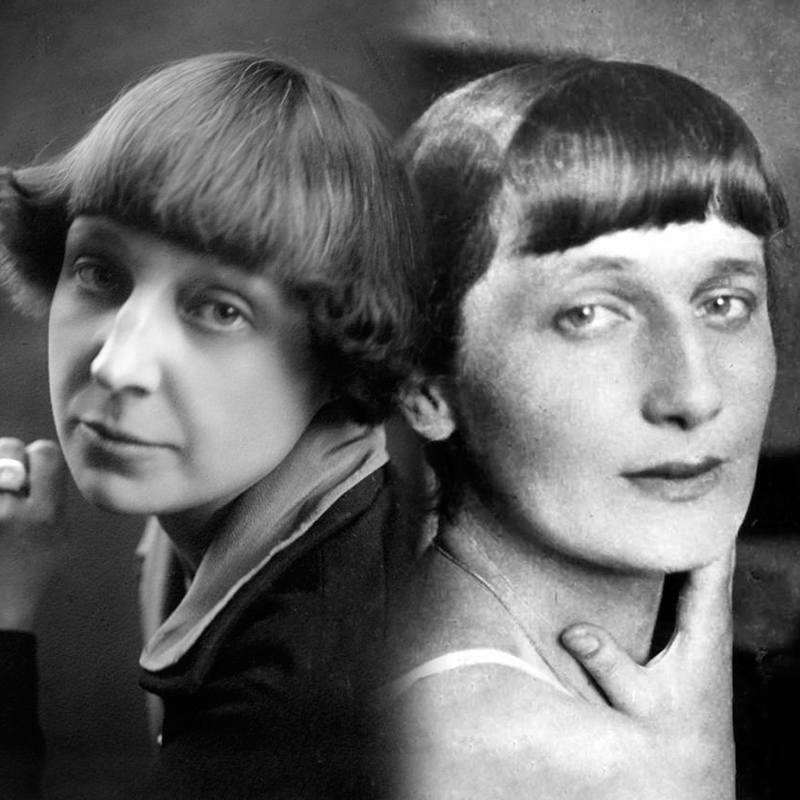author emphasizes that today
Puglia “Golden Ass”
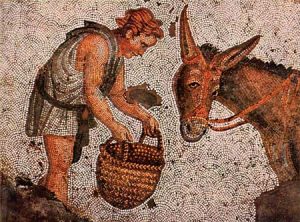 The Roman writer Apuleius won his main glory with the novel Metamorphoses (Transformations). Subsequently, this novel, in connection with the high appreciation of its readers, received another name, the Golden Ass.
The Roman writer Apuleius won his main glory with the novel Metamorphoses (Transformations). Subsequently, this novel, in connection with the high appreciation of its readers, received another name, the Golden Ass.
At the beginning of the novel, Apuleu says: “I begin the story in order to weave various fables in Milesian manner.” By this, he points to the closeness of his work to the Greek stories of Aristide of Miletus, translated into Latin in the first century. BC er By Cornelius of Sizenna. Continue reading
“The Brothers Karamazov”
 Dostoevsky writes not a philosophical treatise or a theological system, he writes a novel. Religious-philosophical material is introduced into the framework of the romantic genre and is developed according to its laws. A tense-dramatic plot is being built, in the center of which stands a mysterious crime; ideological masses are involved in a whirlwind of action and, colliding, cause spectacular explosions. In The Brothers Karamazov, the religious mystery is paradoxically combined with a criminal novel. For all its philosophical depth, it is one of the most fascinating and popular works of Russian literature. Continue reading
Dostoevsky writes not a philosophical treatise or a theological system, he writes a novel. Religious-philosophical material is introduced into the framework of the romantic genre and is developed according to its laws. A tense-dramatic plot is being built, in the center of which stands a mysterious crime; ideological masses are involved in a whirlwind of action and, colliding, cause spectacular explosions. In The Brothers Karamazov, the religious mystery is paradoxically combined with a criminal novel. For all its philosophical depth, it is one of the most fascinating and popular works of Russian literature. Continue reading
BORIS GROYS “POLITICS OF POETICS”
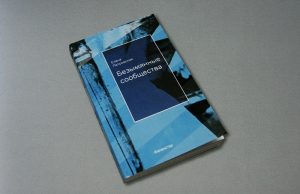 Today, the philosopher, theorist of art and curator Boris Groys is one of the most respected critics in the world art community. His recent book, The Politics of Poetics, is a collection of essays from two English-language books, Art Power and Going Public, as well as articles published in American and European journals. Some texts of the book are published in Russian for the first time. Groys is important to read to those who want to familiarize themselves with the contemporary philosophical discourse of modern art: at the same time it turns out that it is relatively easy to write about the complex. One of the main themes of the collection is the relationship of art to the art market and to the sphere of political ideologies. Continue reading
Today, the philosopher, theorist of art and curator Boris Groys is one of the most respected critics in the world art community. His recent book, The Politics of Poetics, is a collection of essays from two English-language books, Art Power and Going Public, as well as articles published in American and European journals. Some texts of the book are published in Russian for the first time. Groys is important to read to those who want to familiarize themselves with the contemporary philosophical discourse of modern art: at the same time it turns out that it is relatively easy to write about the complex. One of the main themes of the collection is the relationship of art to the art market and to the sphere of political ideologies. Continue reading
